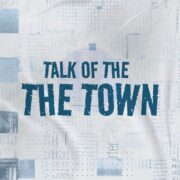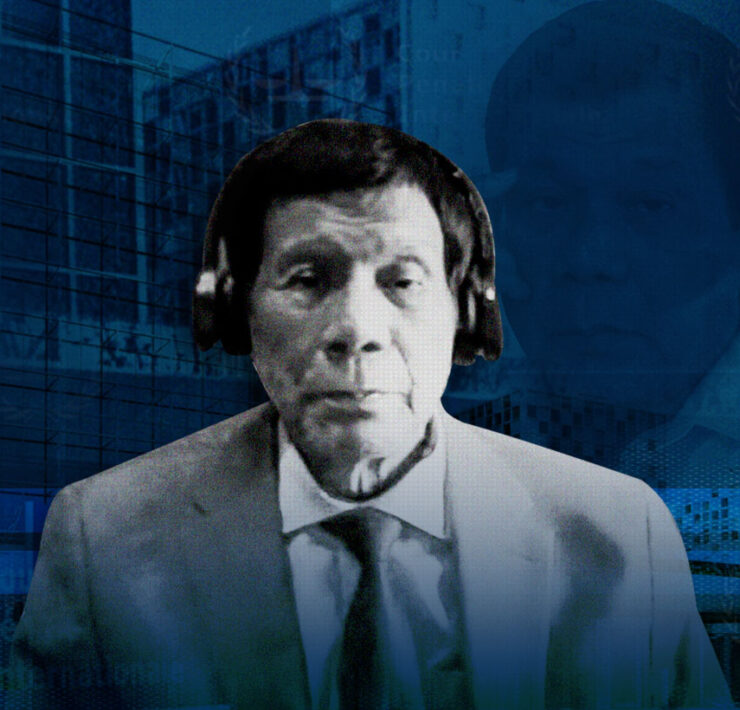What jokes reveal about you

How do jokes fit within the landscape of electoral campaigns? A joke made by a political candidate went viral—and landed at the courthouse. Apart from the Commission on Elections’ (Comelec) first show cause order to lawyer and Pasig congressional candidate Christian Sia, the Supreme Court has also ordered him to explain why he should not face disciplinary action over his remarks about solo mothers during a campaign sortie. The joke in question pertained to his offer to solo mothers, that as long as they’re still menstruating, to sleep with them once a year if they ever feel lonely. He doubled down by publicly commenting on a female staff’s weight and physical appearance as evidence that he couldn’t possibly be a “manyak (pervert).” This second incident resulted in a second show cause order by the Comelec.
The skill of apologizing remains elusive among public figures. Sia made an apology but followed it up by blaming the uploader of the video and even accused Pasig Mayor Vico Sotto of hyping up the incident as part of a political play. He insisted that people laughed at his joke, which he claimed was his intention.
A joke is never really just a joke. In psychodynamic theory, jokes belie an unconscious truth. This is the basis of the adage “jokes are half meant.” The funnier the joke, the more kernels of truth are embedded in it. Stand-up comedians know this and as such they have become astute observers of society. They identify unsaid truths about people and relationships and use humor as a vehicle for statements people would otherwise be too afraid to say out loud. Yes, not all jokes are hot takes on societal issues. Some jokes, like puns, focus on wordplay. The bigger the twist, the bigger the laughs.
A joke also serves a social purpose. They lighten the mood and make certain hard truths easier to receive. At a minimum, they provide entertainment. As Sia explained, he wanted to make sure the audience was engaged. Jokes—or saying something unexpected—can certainly help people pay attention. Even if we take his explanation at face value that he wanted to make people laugh and get reenergized during the event, he committed grave errors as a political candidate.
First, he forgot the main reason why he was there, to begin with: to offer himself as a viable public servant to his constituents. While jokes can certainly increase engagement (and oh, did he get what he asked for!), his jokes also need to contribute to his argument of being the best congressional candidate for his district. But what did we learn from him as a candidate with this joke? It exposed how little he understands about the difficulties faced by solo mothers. His first impulse is to think of them as sexual objects—that what they need first and foremost is a man to have sex with. I would have appreciated a lot more if, for example, what he offered was to do household chores and childcare as a humorous take on the term “public servant.” There was also something of a locker-room banter in his joke; his sense of humor seemed to be targeted toward a male audience rather than solo mothers, which tells us that he has a hard time taking on the perspective of someone who’s lived differently from him. If he wanted to make use of humor to engage his audience, he could have done so in a way that capitalized on the strengths of his candidacy rather than exposing his limited worldview.
Second, he should have known that his jokes would deliver a certain type of message to his voters, and in this, he was careless at best. As a public figure, carelessness with words and actions is something he cannot afford to do. As a representative of the people, he should carry himself beyond reproach and befitting the reputation and dignity of his district. This is also what is getting him in hot water with the Supreme Court—the same professional conduct is expected of lawyers. His ambivalent response to being called out, giving a standard apology but then immediately turning around and blaming political foes for his own foibles, shows how he will handle missteps when in public office. If he can’t take full responsibility for a joke, how can he be responsible enough to represent a whole district? If he cannot show that he is willing to learn and grow from this incident, how can we trust him to listen to our feedback as constituents?
A joke in isolation is not enough to determine a person’s character. Sometimes nervousness and a serious miscalculation of the target audience can lead to poorly thought-out humor, exposing inner thoughts that are best left hidden from the public. How one copes after a disastrous joke, however, is an even more important sign of someone’s capacity to be accountable for their own actions, a trait we must seek in a leader. Jokes, taken in context with the person’s other actions, can reveal a lot about what they believe and value.





















